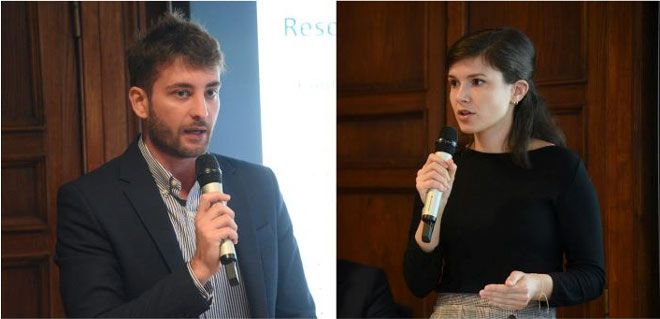Two groups of mainly master’s students at LUISS debated the positions of member states regarding the Conference on the Future of Europe. At the event, Sergio Fabbrini (professor at LUISS and EU3D researcher) introduced the discussion on differentiation in the European Union.
A presentation of the report by Andrea Capati, Dora Hegedus and Tiziano Zgaga followed. The co-authors explored the internal coherence of sections of member states that they identified based on their geo-economic models, culture, and political system: the Solidarity Coalition (SC – France, Italy, Spain, Portugal, Greece), the Frugal Four (FF – the Netherlands, Austria, Denmark, Sweden) and the Visegrad Group (VG – Czechia, Hungary, Poland, Slovakia). Germany is treated as a special case.
Following the brief presentations, students had the chance to debate which country and/or section proposals could provide a more efficient solution to Europe’s problems, whether and what sort of compromises might emerge as a result, and if they agreed with the proposals of their own government. Students were keen to highlight divergences not only within country coalitions, but also within member states, as well as the issue of no demos at EU level, which according to them may lead to substantial obstacles to integration.
Since most participants were of Italian origin, special attention was dedicated to the audience’s stance on the Italian proposals, including some reflection on the possible changes in policy direction and tone as a result of the recent general elections.


